'Space elevator' could take astronauts 20km into the sky
Patents granted for inflatable structure more than 20 times the height of the world's tallest building
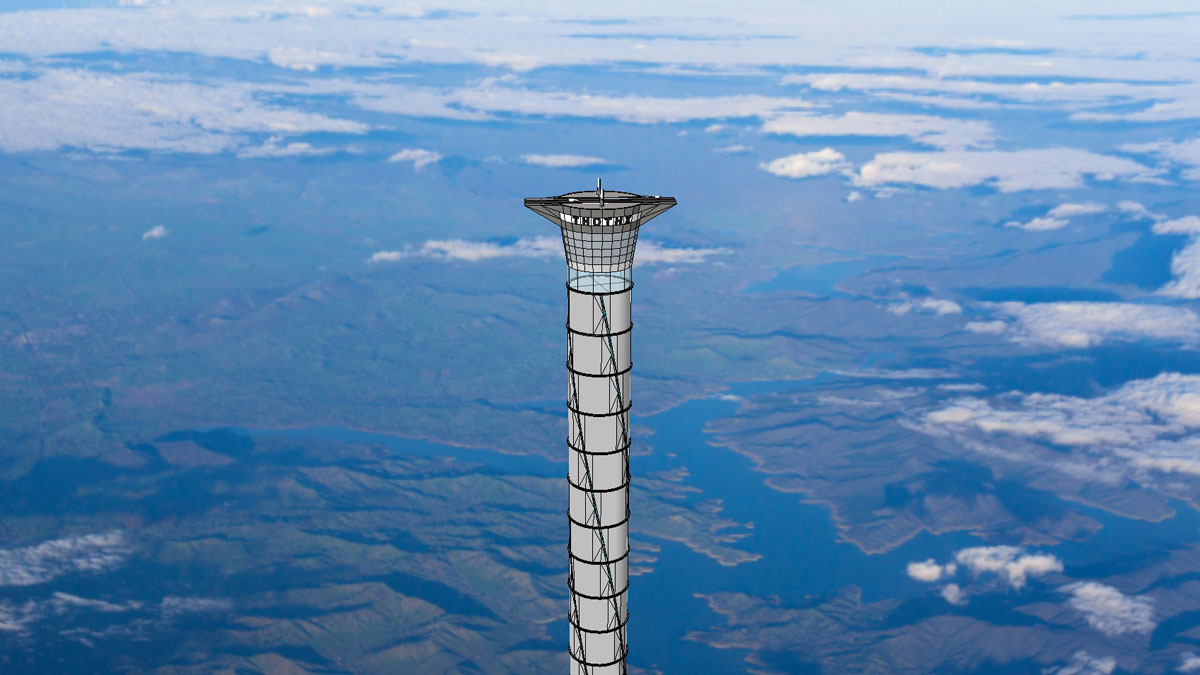
A free daily email with the biggest news stories of the day – and the best features from TheWeek.com
You are now subscribed
Your newsletter sign-up was successful
A Canadian company has been granted US and UK patents for a 'space elevator', which they say will lift cargo 20km into the sky, from where it can launch into space more easily.
The ThothX Tower would be an inflatable, freestanding structure containing reinforced segments and would stay upright through a complex series of fly-wheels to guard against over-bending.
"Astronauts would ascend to 20km by electrical elevator. From the top of the tower, space planes will launch in a single stage to orbit, returning to the top of the tower for refuelling and reflight," said Brendan Quine, the tower's inventor.
The Week
Escape your echo chamber. Get the facts behind the news, plus analysis from multiple perspectives.

Sign up for The Week's Free Newsletters
From our morning news briefing to a weekly Good News Newsletter, get the best of The Week delivered directly to your inbox.
From our morning news briefing to a weekly Good News Newsletter, get the best of The Week delivered directly to your inbox.
Thoth Technology claims the elevator would make space flight significantly cheaper as shuttles would not have to carry the large amount of fuel necessary just to get off the ground. The elevator cars can be powered electrically or inductively, eliminating the need to carry fuel and countering the "extremely inefficient" nature of rocketry, according to the company's patent.
"In our concept, you ascend electrically and remove the whole vertical launch phase," Quine said. "Then you get into a space plane, which is like a passenger jet, and take off horizontally."
Space elevators were previously thought to be unworkable due to the lack of a material that could support itself at such a height. However, The Guardian says Thoth's design "sidesteps this problem by building the elevator to 20km so it sits within the stratosphere rather than all the way in the geostationary orbit, where satellites fly".
The Independent says that despite the structure not technically reaching space, the tower would be more than 20 times the height of the tallest building in the world, the 830m-tall Burj Khalifa located in Dubai.
A free daily email with the biggest news stories of the day – and the best features from TheWeek.com
Thoth President and CEO Caroline Roberts said the tower could also make commercial space flight a more realistic possibility. She said: "Landing at 12 miles above sea level will make space flight more like taking a passenger jet."
-
 The ‘ravenous’ demand for Cornish minerals
The ‘ravenous’ demand for Cornish mineralsUnder the Radar Growing need for critical minerals to power tech has intensified ‘appetite’ for lithium, which could be a ‘huge boon’ for local economy
-
 Why are election experts taking Trump’s midterm threats seriously?
Why are election experts taking Trump’s midterm threats seriously?IN THE SPOTLIGHT As the president muses about polling place deployments and a centralized electoral system aimed at one-party control, lawmakers are taking this administration at its word
-
 ‘Restaurateurs have become millionaires’
‘Restaurateurs have become millionaires’Instant Opinion Opinion, comment and editorials of the day
-
 Data centers could soon be orbiting in space
Data centers could soon be orbiting in spaceUnder the radar The AI revolution is going cosmic
-
 Another Starship blast sets back Musk's Mars hopes
Another Starship blast sets back Musk's Mars hopesSpeed Read Nobody was killed in the explosion, which occurred in south Texas
-
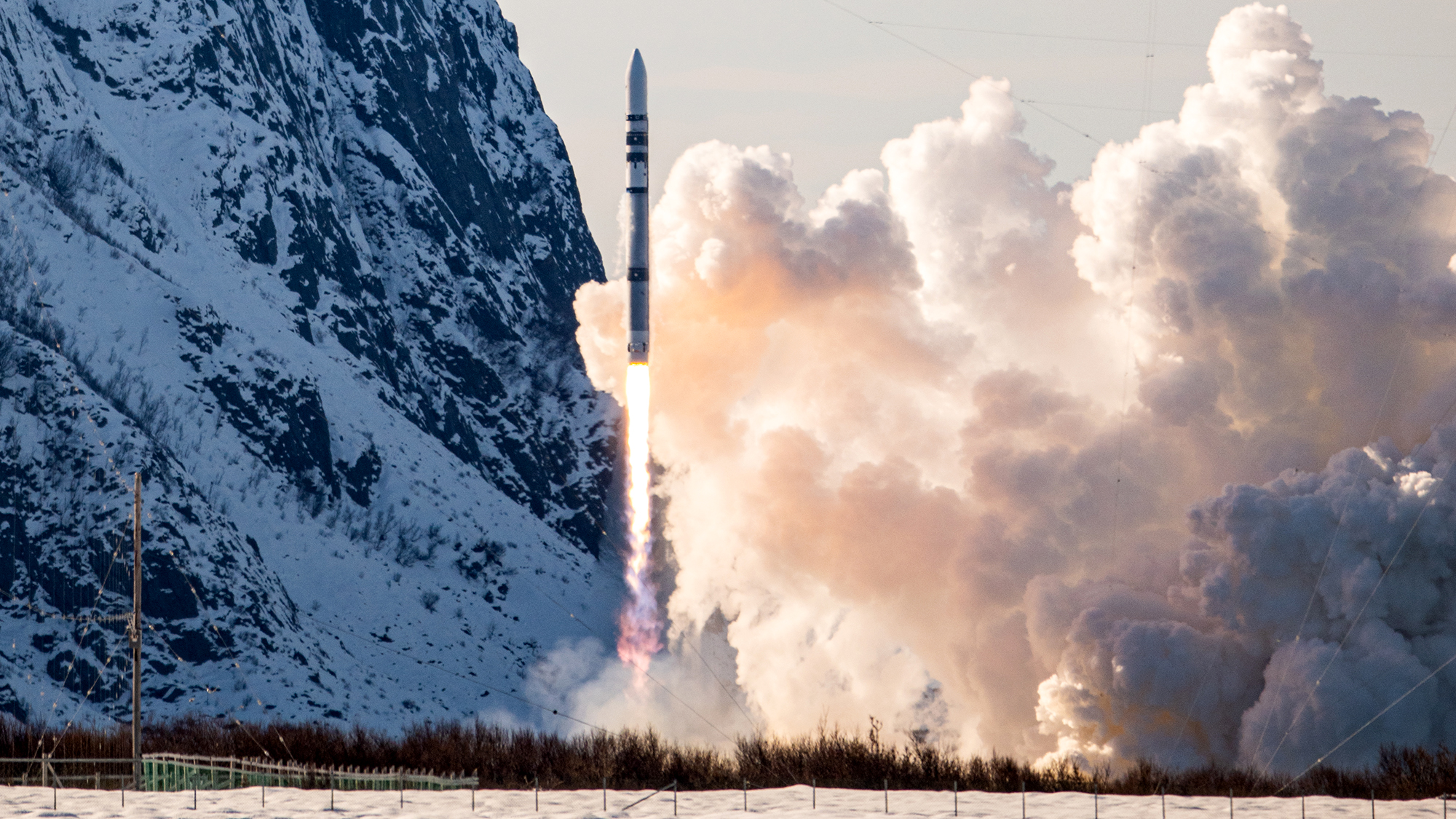 Test flight of orbital rocket from Europe explodes
Test flight of orbital rocket from Europe explodesSpeed Read Isar Aerospace conducted the first test flight of the Spectrum orbital rocket, which crashed after takeoff
-
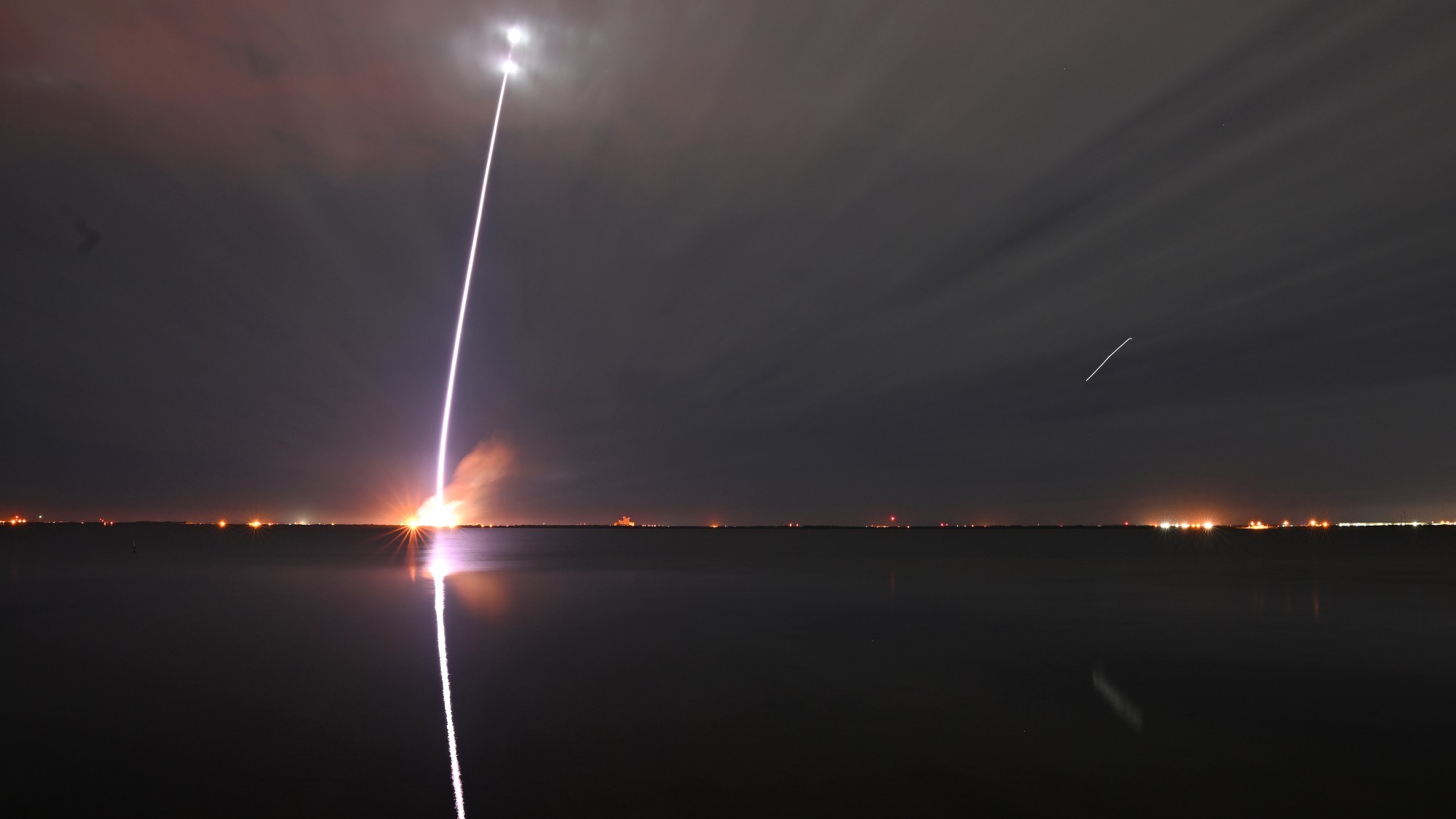 Jeff Bezos, Elon Musk and the billionaire space race
Jeff Bezos, Elon Musk and the billionaire space raceThe Explainer Tesla CEO and Amazon founder vie for dominance of satellite launch market and could influence Nasa plans to return to Moon
-
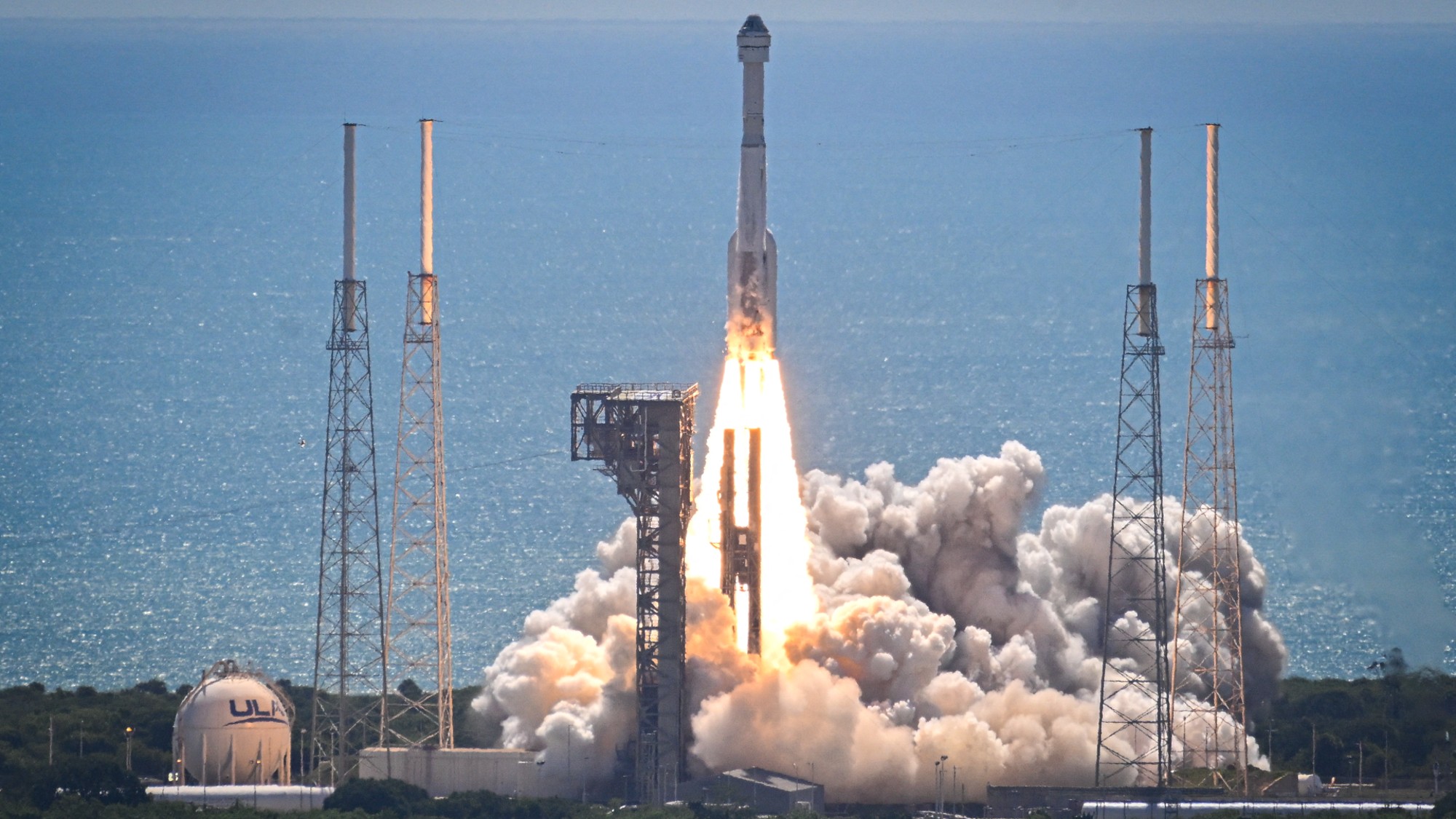 Starliner: What went wrong?
Starliner: What went wrong?Today's Big Question Boeing spacecraft has had a 'long, difficult road'
-
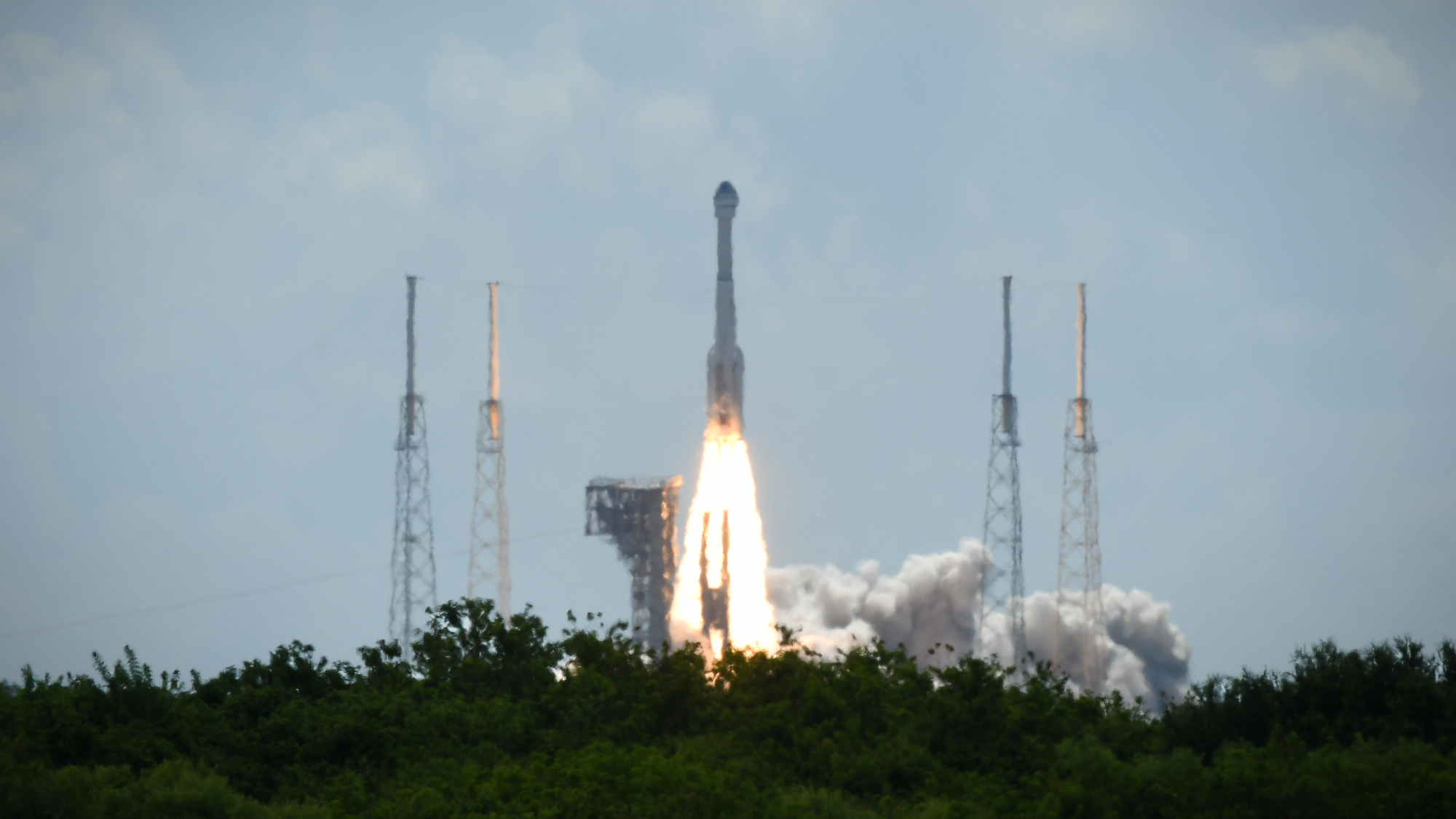 Boeing, SpaceX successfully test key rockets
Boeing, SpaceX successfully test key rocketsSpeed Read Boeing’s Starliner docked at the ISS and SpaceX completed its fourth test launch of its Starship spacecraft
-
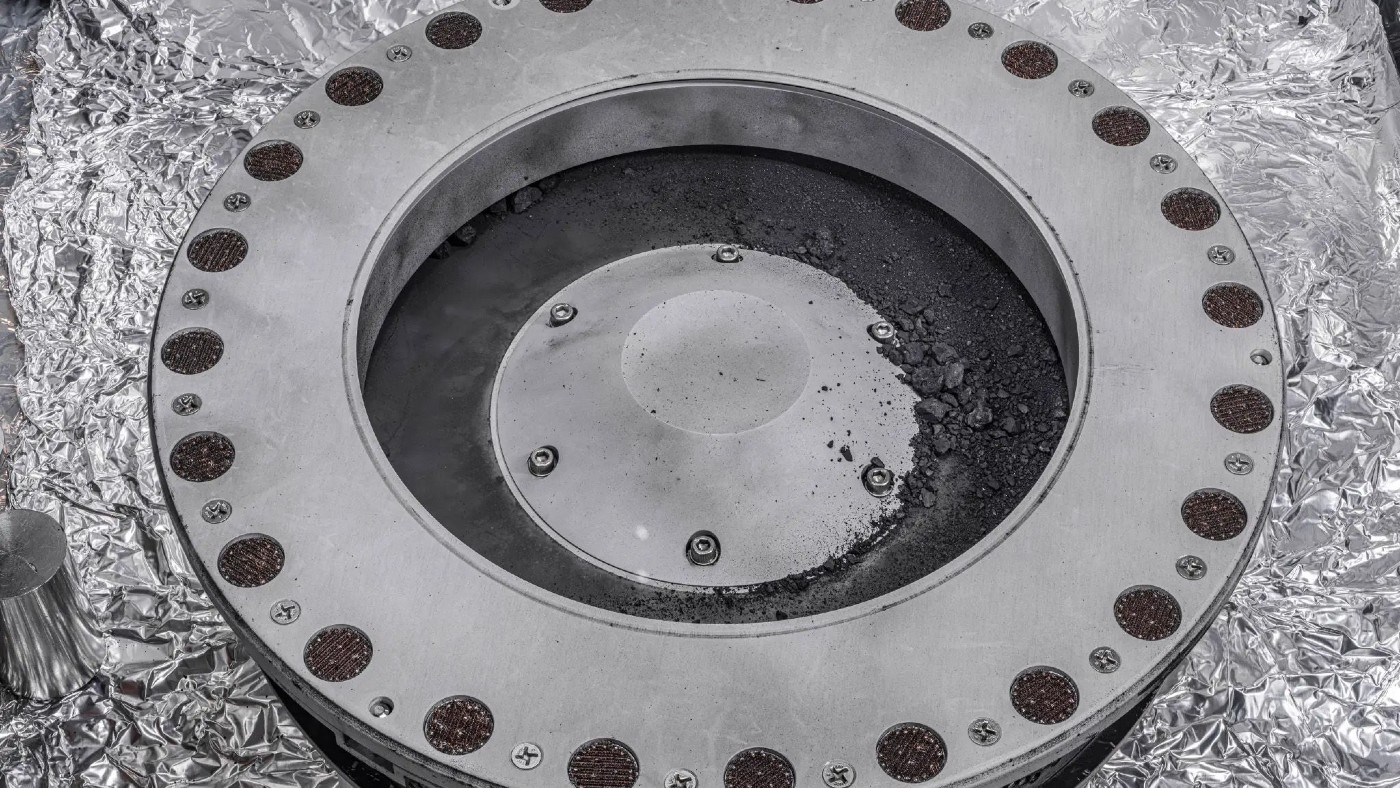 Nasa reveals first findings from asteroid that could explain origins of life
Nasa reveals first findings from asteroid that could explain origins of lifeSpeed Read Sample from Bennu has been found to contain an abundance of water and carbon
-
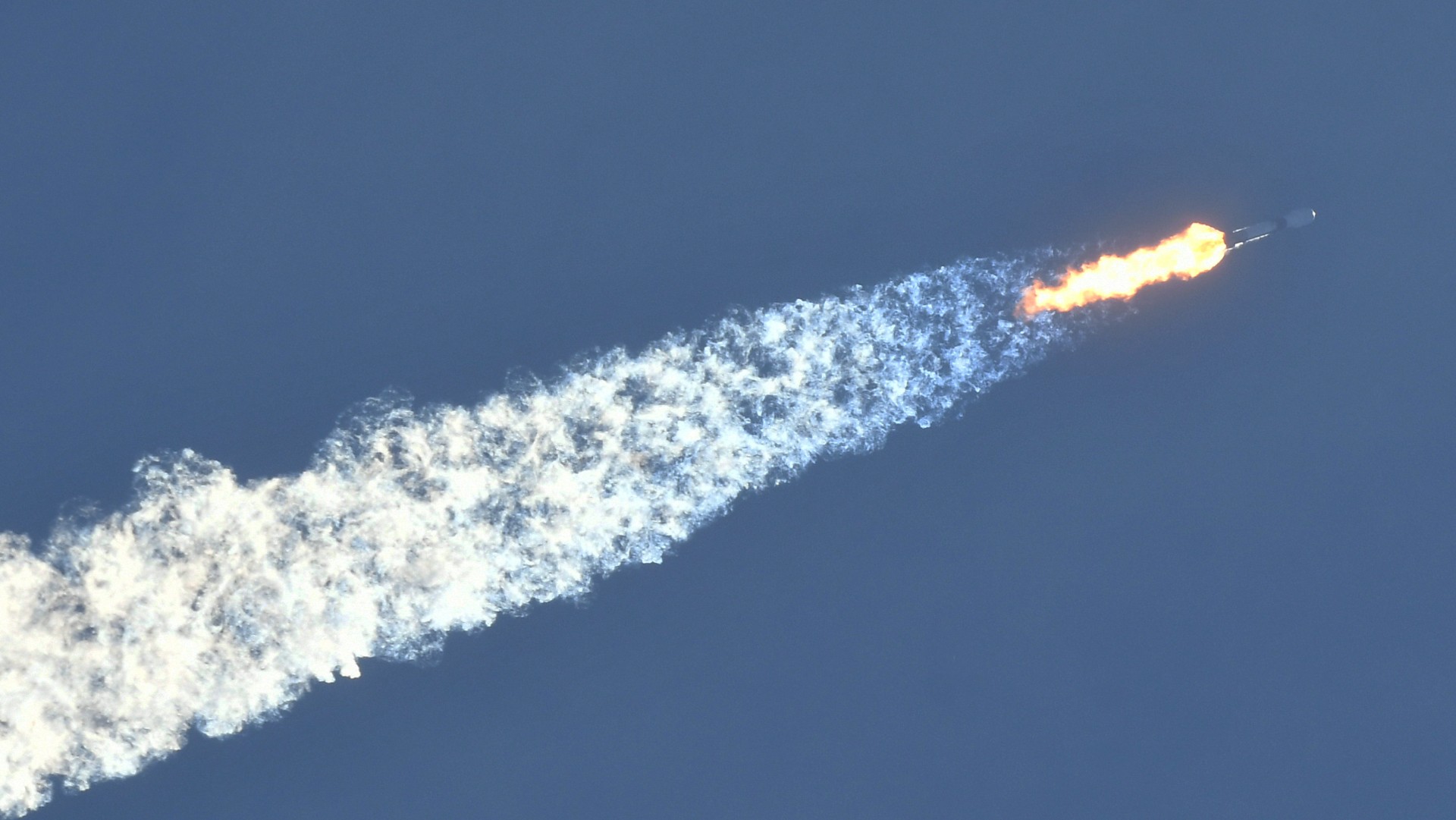 How worried we should be about space debris
How worried we should be about space debrisfeature As part of a rocket washes up in Australia scientists warn ‘critical mass’ of orbital junk could only be decades away